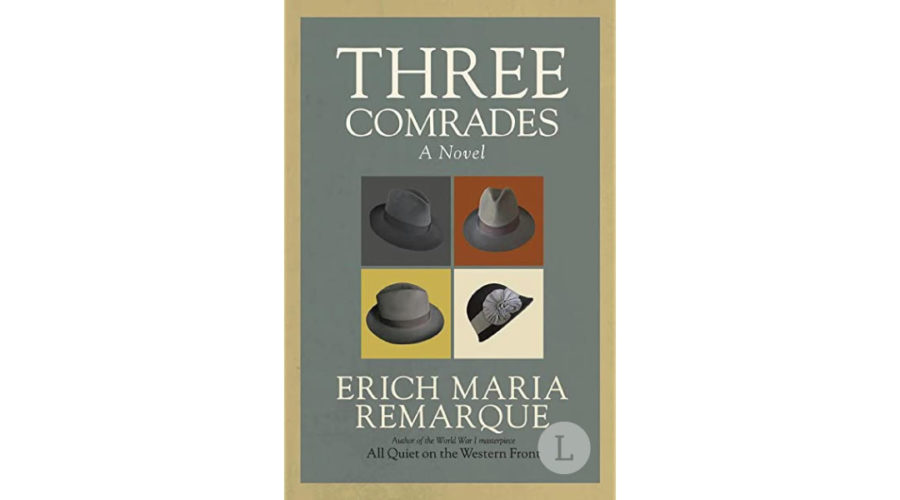Three Comrades is a novel written by German author Erich Maria Remarque and published in 1936. Set in Germany during the years following World War I, the novel follows the lives of three close friends: Robert Lohkamp, a wounded veteran; …
Erich Maria Remarque: Three Comrades

